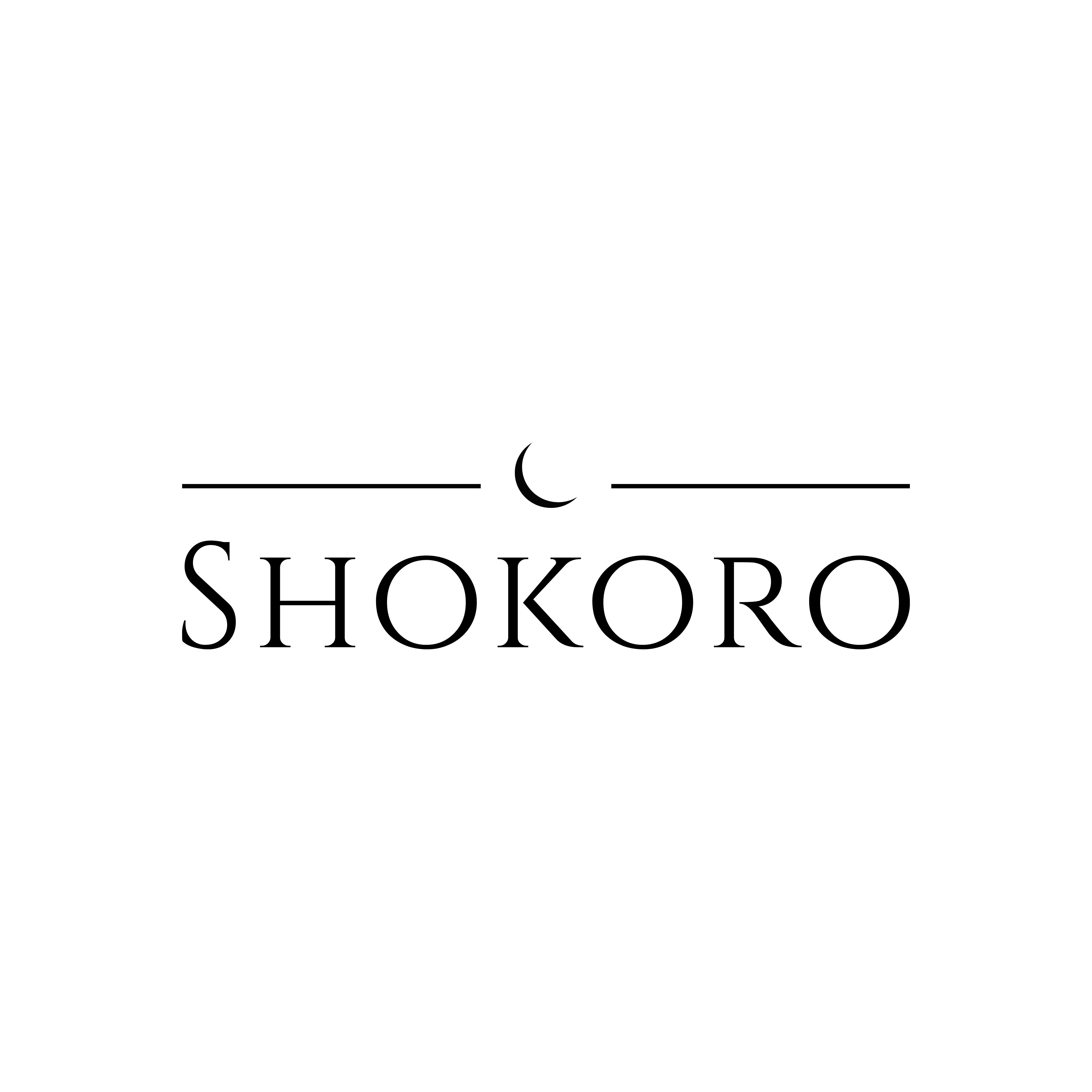Shopping for the Best Dainty Birthstone Bracelets Online: A Guide to Personalized Jewelry
When it comes to jewelry, dainty birthstone bracelets are a popular choice for many people. These delicate and elegant pieces are not only beautiful to look at, but they also hold special meaning for those who wear them. Whether you are looking to treat yourself or find the perfect gift for a loved one, shopping for dainty birthstone bracelets online is a great option. In this article, we will explore the world of birthstone jewelry and provide you with tips on how to shop for the best dainty birthstone bracelets online.
The Timeless Appeal of Dainty Birthstone Bracelets
Dainty birthstone bracelets are a timeless and versatile accessory that can be worn on any occasion. Whether you are dressing up for a special event or simply want to add a touch of sparkle to your everyday look, a dainty birthstone bracelet is the perfect choice. These bracelets are typically made with delicate chains and feature a small gemstone that represents the wearer’s birth month. Each birthstone is believed to have its own unique meaning and significance, making these bracelets a meaningful and personal accessory.
For those who love gold jewelry, a birthstone gold bracelet or gold birthstone bracelets are excellent options. These pieces combine the warmth of gold with the vibrant colors of birthstones, creating a stunning and personalized piece of fine jewelry. Whether you prefer yellow gold, white gold, or rose gold, there’s a gold birthstone bracelet to suit every taste.
Exploring the Variety of Dainty Birthstone Bracelets Online
One of the best things about shopping for dainty birthstone bracelets online is the wide variety of options available. From classic designs to modern styles, there is a dainty birthstone bracelet to suit every taste and budget. Whether you prefer a simple and understated look or want something more elaborate and eye-catching, you are sure to find the perfect bracelet online.
Many online retailers offer a range of dainty birthstone bracelets in different metals, gemstones, and designs, allowing you to choose the one that best reflects your personal style. You can find options in sterling silver for a classic look, or explore gold vermeil pieces for a touch of luxury. For those who love variety, a multi birthstone bracelet or a birthstone family bracelet can be a wonderful choice, allowing you to incorporate multiple birthstones into one piece.
Ensuring Quality When Shopping Online
When shopping for dainty birthstone bracelets online, it is important to consider the quality of the jewelry. Look for reputable online retailers that offer high-quality pieces made with genuine gemstones and precious metals. Read customer reviews and testimonials to ensure that you are purchasing from a trusted source. It is also a good idea to check the retailer’s return policy and warranty information before making a purchase. This will give you peace of mind knowing that you can return or exchange the bracelet if it does not meet your expectations.
Some retailers may offer waterproof jewelry options, which can be great for everyday wear. Additionally, look for details about the bracelet length and whether it comes with an extension chain for adjustable fit. These features can enhance the comfort and versatility of your dainty birthstone bracelet.
Finding the Perfect Price Point
Another important factor to consider when shopping for dainty birthstone bracelets online is the price. While these bracelets can range in price depending on the quality of the materials used and the complexity of the design, there are affordable options available for every budget. Look for online retailers that offer competitive prices and discounts on dainty birthstone bracelets. You may also want to consider shopping during sales events or using coupon codes to save money on your purchase. Some retailers even offer free shipping, which can be an additional saving.
Remember that a dainty birthstone bracelet is an investment piece that you will cherish for years to come, so it is worth spending a little extra to get a high-quality piece that will last. Whether you’re looking at fashion jewelry or fine jewelry options, there’s a dainty birthstone bracelet for every budget.
Customization: Making Your Bracelet Unique
In addition to shopping for pre-made dainty birthstone bracelets online, you can also consider customizing your bracelet to make it even more special. Many online retailers offer personalized gifts options that allow you to choose the metal, gemstone, and design of your bracelet. You can create a custom made piece that perfectly reflects your style or that of your gift recipient.
For example, you might choose a delicate chain bracelet with a bezel set birthstone, or opt for a charm bracelet style with multiple birthstone charms. You can also add engraving or other personal touches to create a one-of-a-kind piece that reflects your unique style and personality. Customizing your dainty birthstone bracelet is a great way to make it truly your own and create a meaningful piece of jewelry that you will treasure for years to come.
Birthstone Options and Their Meanings
When selecting your dainty birthstone bracelet, consider the various birthstone options available. Each month has its own unique gemstone, each with its own color and significance. For instance, January’s birthstone is the deep red garnet, while May is represented by the vibrant green emerald. June birthdays are celebrated with the color-changing alexandrite, and September babies have the beautiful blue sapphire as their birthstone.
Other popular options include the purple February amethyst, the calming blue March aquamarine, and the bright green August peridot. Some retailers may offer cubic zirconia as an alternative to natural gemstones, providing a more affordable option that still captures the birthstone colors.
Caring for Your Dainty Birthstone Bracelet
To ensure your dainty birthstone bracelet remains beautiful for years to come, proper jewelry care is essential. Most online retailers will provide care instructions specific to the materials used in your bracelet. Generally, it’s best to avoid exposing your bracelet to harsh chemicals, remove it before swimming or bathing, and store it in a cool, dry place when not in use.
For gold birthstone bracelets, whether they’re 14k gold plated or solid gold, gentle cleaning with a soft cloth can help maintain their shine. Sterling silver pieces may require special care to prevent tarnishing. Always refer to the specific care instructions provided by the retailer to keep your dainty birthstone bracelet looking its best.
Conclusion: The Perfect Gift or Personal Treat
Whether you are shopping for yourself or looking for the perfect gift for a loved one, dainty birthstone bracelets are a beautiful and meaningful choice. They make excellent gifts for mom, birthday gifts, or gifts for her on any special occasion. With so many options available online, from minimalist jewelry designs to more elaborate pieces, you are sure to find the perfect bracelet that suits your style and budget.
Remember to shop from reputable online retailers, consider the quality and price of the jewelry, and explore customization options to create a truly unique piece. By following these tips, you can shop the best dainty birthstone bracelets online and enjoy a timeless and elegant accessory that will be treasured for years to come. Whether you choose a simple chain bracelet with a single birthstone or a more complex design with multiple gems, your dainty birthstone bracelet is sure to become a cherished part of your jewelry collection.
——————-
Visit us for more details:
Shokoro Handmade Artisan Birthstone Jewelry
https://www.shokorohandmade.com/
toronto – Ontario, Canada
Welcome to Shokoro Handmade – Your Trusted Partner in Fashion Accessories and Jewelry.
At Shokoro Handmade, we specialize in celestial, minimalist, and crystal collections infused with spiritual essence. Our affordable pieces are crafted with love for our valued customers. With a passion for creating delicate jewelry that makes special moments even more memorable, we have been serving the North American community since 2020.
Why Choose Shokoro Handmade?
Quality Jewelry and Service: Our commitment to excellence is reflected in every jewelry pieces we offer. From genuine natural crystal to celestial jewels, we ensure that our customers receive top-notch quality.
Customer-Centric Approach: At Shokoro Handmade, our customers are at the heart of everything we do. We strive to [how you prioritize customer satisfaction] and create lasting relationships based on trust and reliability.
Innovation and Expertise: Stay ahead in minimalist jewelry with our innovative elegant dainty jewellery. Our team of experts is dedicated to create one of a kind jewelry to fit on every style.
Business Hours: Monday to Sunday, 24 hours
We are an online business and ship orders from Monday to Friday.
Explore Shokoro Handmade and discover our delicate jewelry featuring birthstones, celestial-themed pieces, and elegant minimalist designs that make us unique. We look forward to serving you with excellence and building a lasting partnership.
Contact us at info@shokorohandmade.com or visit us at https://www.shokorohandmade.com/









